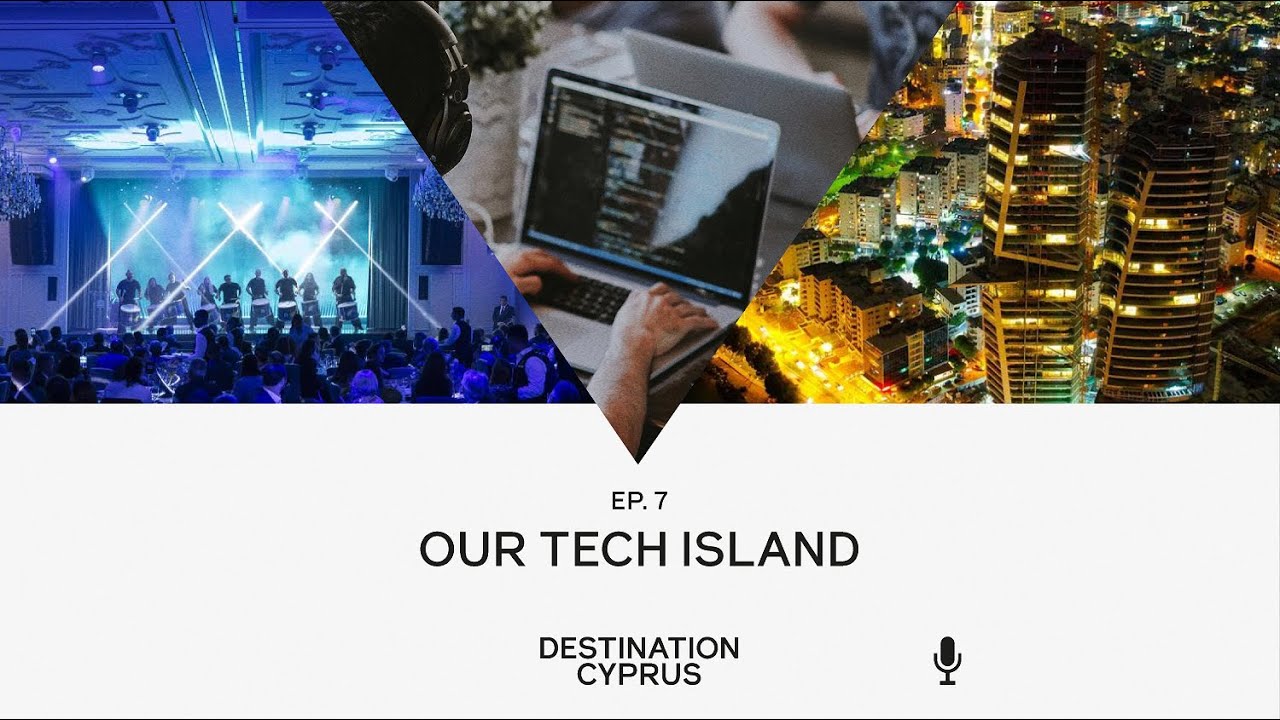Vibrant business centres and tranquil villages; traditional values and cosmopolitan lifestyle; sun-kissed beaches, fertile valleys and snowy mountains: Cyprus is a land of contrasts with many faces. It is a small country, but the third largest island in the Mediterranean, situated in the north eastern corner of the Mediterranean, at the crossroads of Europe, Asia and Africa.
The island’s 648 km of coastline boasts endless stretches of golden sands, secluded bays, and rocky coves, whilst inland, Cyprus is dominated by the spectacular Troodos Mountains. Legendary birthplace of Aphrodite, the goddess of love and beauty, this stunning island shares a maritime border with Egypt 300 km to the south, Syria 105 km to the east and Turkey 71 km to the north, while Greece lies 800 km to the north-west.
Climate and Geography
Cyprus is blessed with a warm, sunny climate and enjoys as many as 340 days of sunshine a year. It experiences hot dry summers and mild winters, with average temperatures of 12°C in winter and 33°C in summer.
The island consists of a central plain with pine-clad mountains to the north and south and scattered plains along the southern coast. The massive Troodos mountains cover much of the southern and western parts of the island. Less than 11 percent of the island is considered arable land, and the main crops are potatoes, citrus fruits, vegetables, cereals, vines, olives, melons, and flowers.
Natural Resources
Cyprus is rich in natural resources such as minerals and metals, in fact, the name, Cyprus, is believed to be a derivative of the ancient Greek word for copper. This metal was mined extensively on the island in ancient times and copper and copper products are still mined and produced in Cyprus. Today there are some 250 quarries extracting materials such as sand, gravel aggregates, limestone, gypsum, building stone and clay for the domestic market; and bentonite, marble, gypsum, ochre and umber for export. In 2011, Cyprus also announced a major gas find in the country’s exclusive economic zone in the Mediterranean Sea. US company Noble Energy carried out appraisal drillings in block 12 in October 2013 and the results confirmed natural gas reserves of 3.6 trillion cubic feet (tcf) to 6 tcf, with a gross mean of 5 tcf – enough to potentially meet Cyprus’ domestic gas demand for over 100 years. Cyprus is currently undergoing its third licensing round.
People and Culture
Cyprus is well known for its hospitality, a fact reflected in the Greek word, ‘xenos’, used for both stranger and guest, and an indication of the warm welcome that awaits visitors to the island. Life is meant to be enjoyed in Cyprus, which is renowned for its excellent quality of life, with the emphasis on working to live, as opposed to living to work. Cafe culture predominates, with both business and social meetings taking place over a leisurely frappe (iced coffee) in the numerous cafes in every town and city. As with most Mediterranean cultures, food – both the preparation and the eating – plays a vital role and the famous Cyprus meze, a large selection of small, delectable dishes, is best enjoyed ‘siga siga’ (‘slowly slowly’) al fresco, surrounded by friends and family and accompanied by a glass or two of excellent Cyprus wine.The people of Cyprus are descended from two major civilizations. The Greek Cypriots trace their roots to the Mycenaean Greeks while the Turkish Cypriots are descended from Ottoman settlers. Cyprus has a total population of almost one million, with 803,200 people in the Republic of Cyprus. The majority of the island’s population, 78%, is of Greek Cypriot ethnicity while 18% is Turkish Cypriot.
Cypriots are highly educated and multilingual. The official languages of Cyprus are Greek and Turkish, however, English is widely spoken and written and is the language of international business. German, French and Russian are also widely spoken in commerce, due both to the number of Cypriot graduates from overseas universities and the island’s commercial ties with the global business community. With one of the youngest populations in Europe, the government has made education a major priority. The island has an overall literacy rate of almost 98% and education is universal. In terms of higher education, the country has more university graduates per capita than anywhere else in Europe. The workforce numbers around 400,000, with the majority (over 70%) working in the services sector, while some 20% work in industry and around 3% work in agriculture.
Religious freedom is written into the Cypriot constitution and Catholics, Jews, Armenians and Maronites co-exist peacefully on the island. Muslims make up the second largest religious group, comprising 18% of the population. However, the overwhelming majority of Cypriots are members of the Greek Orthodox Church, an institution that plays an important role in both personal and public life on the island.
Updated January 2022
All rights reserved. The material on this site may not be reproduced, distributed, transmitted, cached, or otherwise used, except with the prior written permission of The Profiler Group.












